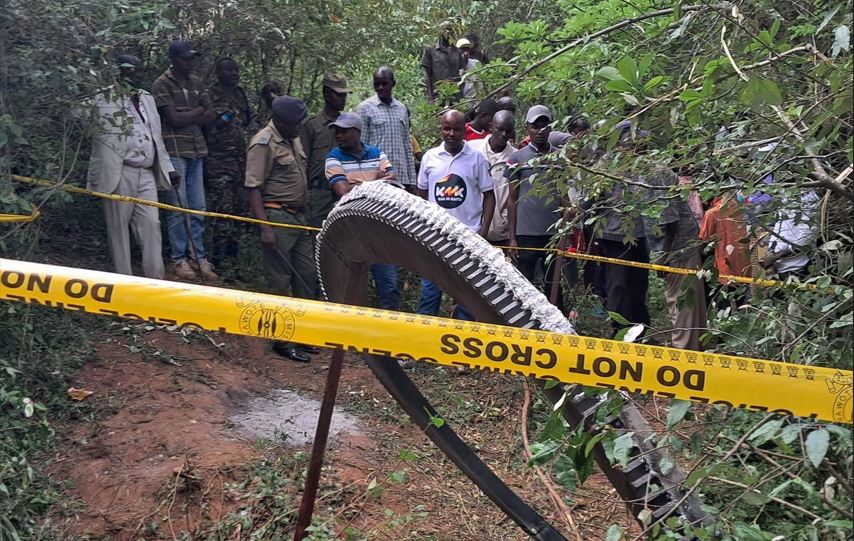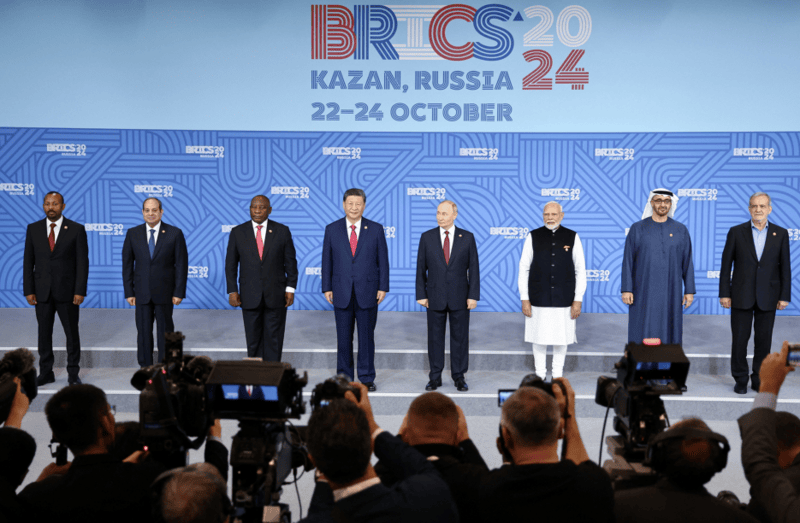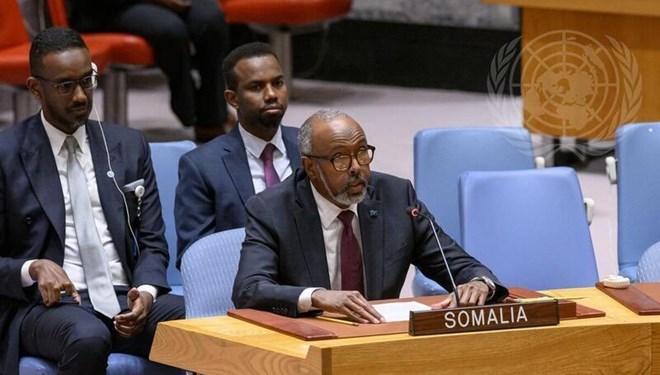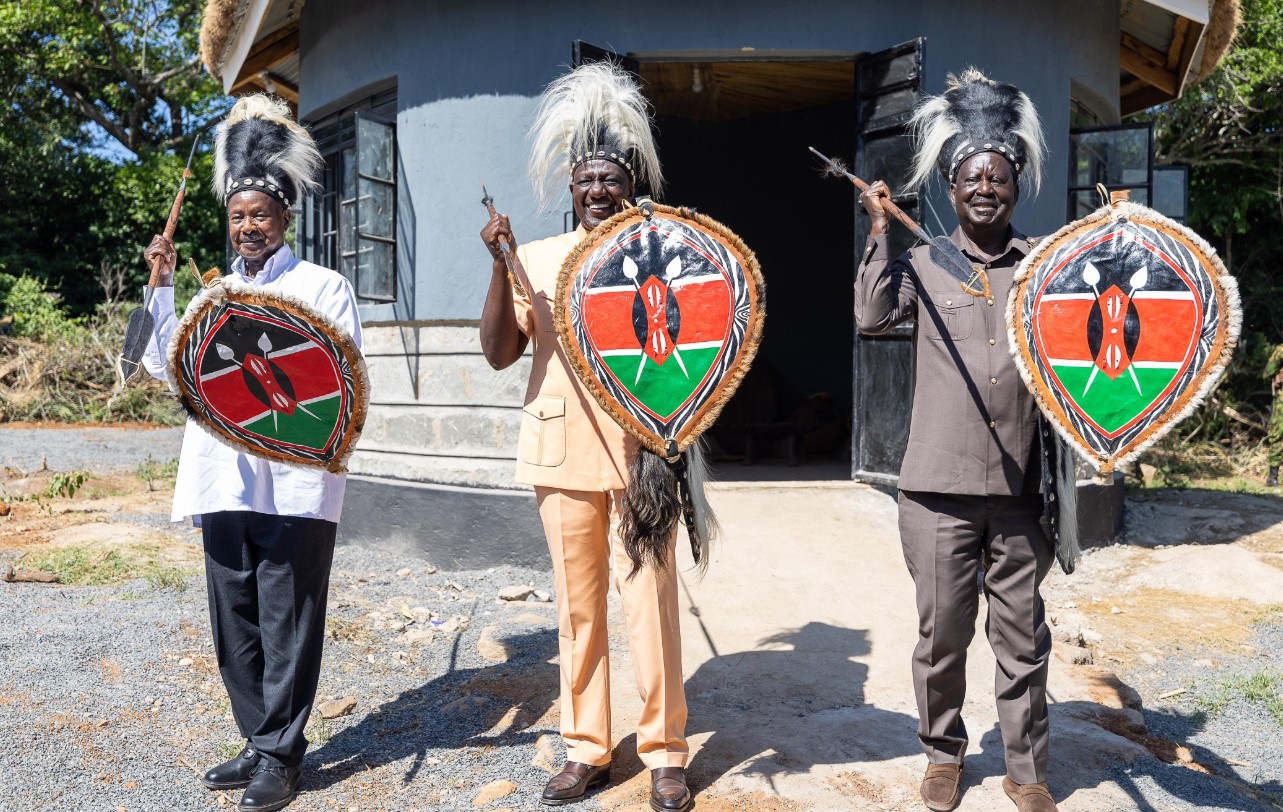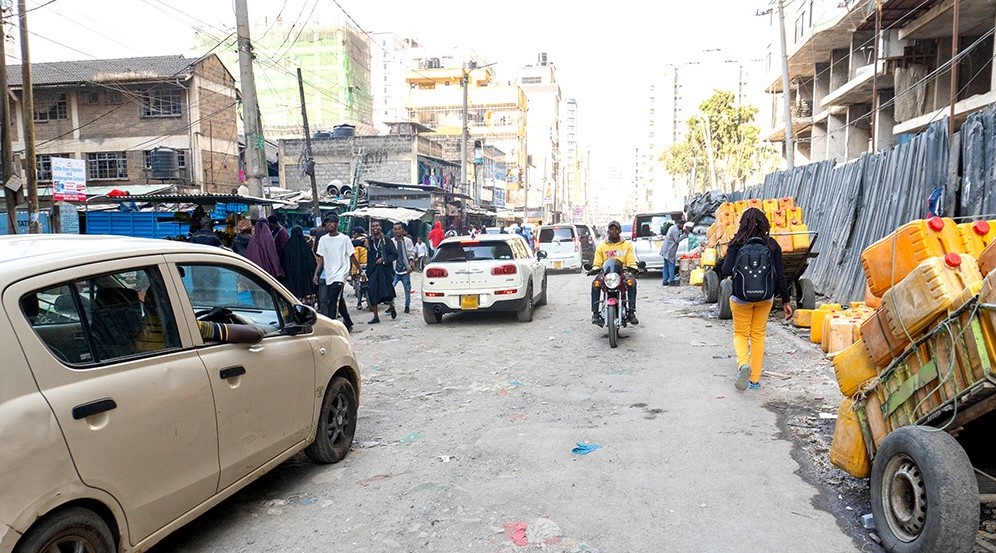Ruto announces end to "discriminative" vetting for IDs
The President said the policy that allowed for the vetting exercise has been discriminative to individuals from certain religions and regions.
President William Ruto has announced that Kenya will ban the vetting for Identity cards policy starting May 1.
Speaking during a Muslim leaders' Iftar dinner at State House on Monday evening, the President said the policy that allowed for the vetting exercise has been discriminative to individuals from certain religions and regions.
More To Read
"We want every child in Kenya whether Christian or Muslim and from whichever part of the country to get equal opportunities and treatment. From the beginning of May this year, a few days from now, there will no longer be vetting for people who want to get IDs," said President Ruto.
Vetting is a process where one has to appear before registration and security agents that include the Directorate of Criminal Investigations, the Intelligence Service, the local chief, the Deputy County Commissioner, the registrar who is the secretary of the committee, and two appointed community elders to be grilled before they are issued with the National Identity card, the main proof of nationality for Kenyans.
The president said that a policy document allowing for the change has been concluded and will be formalised ahead of the new shift.
"I am going to be issuing a policy document to make sure that we have a mechanism that is similar to other Kenyans so that we don't discriminate based on religion or region," he added.
He noted that the removal of the vetting process will not interfere with security operations.
 President William Ruto when he hosted Muslim leaders for an Iftar dinner at State House, Nairobi on April 8, 2024. (PCS)
President William Ruto when he hosted Muslim leaders for an Iftar dinner at State House, Nairobi on April 8, 2024. (PCS)
"We shall still be cautious on security matters, but that should not be a basis for discriminating against any section of our society, we must live together as the people of Kenya," he explained.
Affected persons
The vetting process also has been affecting persons from Somali, Arab, Nubian, Asian, Duruma, Digo, and other ethnic backgrounds who are systematically vetted before they are granted the IDs.
The President said the Nubian community will be gazetted by December this year as a recognised community in the republic.
Namati Kenya, one of the Non-Governmental organisations that have been at the forefront of fighting for an end to the vetting process notes in its policy brief titled "The vices of discrimination; the Impacts of vetting and delays in the issuance of IDs in Kenya" that the affected communities are subjected to discriminatory processes and prolonged wait times in their search for the ID.
"This process does not constitute a formal step in the application process and was introduced to identify Kenyans from non-Kenyans in the border areas in the 1990s," the policy brief notes.
A 2007 Kenya National Commission on Human Rights study titled "An Identity Crisis? A Study on the Issuance of National Identity Cards In Kenya" noted that the vetting process offends the tenets of equal treatment and has no place in a democratic society.
"Denying specific ethnic groups Identity cards is not only discriminatory; it also enhances opportunities for rent-seeking and further marginalizes these communities. The numerous cases of corruption and extortion reported by the citizens against public officers in remote districts were adequate proof," the report states.
In January 2011, a High Court sitting in Mombasa ordered a temporary suspension of a secret government circular that required Asians and Arabs seeking IDs to present their parents' and grandparents' birth certificates as proof of citizenship on grounds that it was discriminative based on ethnic and religious grounds.
After the September 2013 West Gate Mall attack, the government amended the Security Laws Act adding a section to the Registration of Persons Act that states that the "Director may establish identification committees or appoint persons as identification agents to assist in the authentication of information furnished by a parent or guardian", a move that allowed for vetting of persons in the name of national security.
Trending



